To vilify a great man is the readiest way in which a little man can himself attain greatness
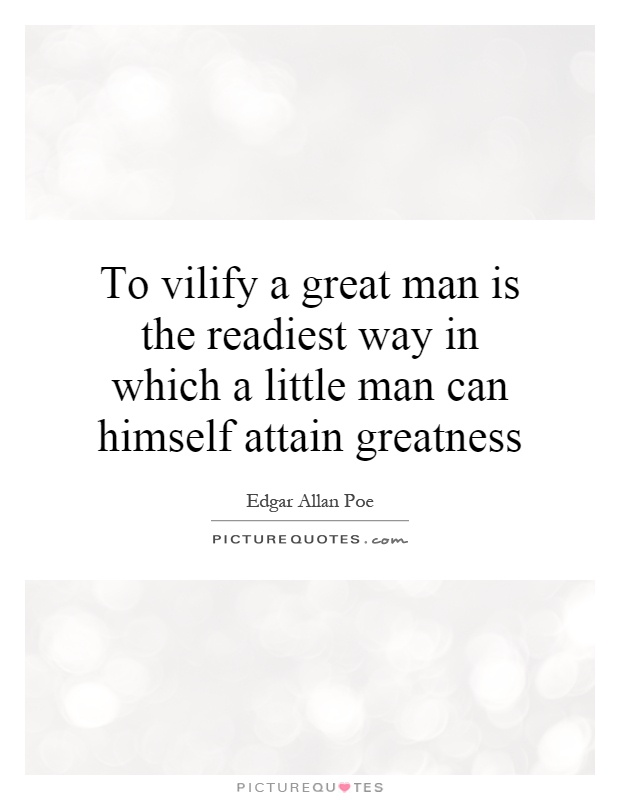
To vilify a great man is the readiest way in which a little man can himself attain greatness
Edgar Allan Poe, a literary genius known for his macabre tales and haunting poetry, is a prime example of a great man who has been vilified by many throughout history. Despite his immense talent and contributions to the world of literature, Poe faced numerous criticisms and attacks during his lifetime and even after his death. The quote, “To vilify a great man is the readiest way in which a little man can himself attain greatness,” perfectly encapsulates the way in which Poe’s detractors sought to elevate themselves by tearing him down.Poe’s life was marked by tragedy and hardship, which undoubtedly influenced his dark and melancholic writing style. He struggled with poverty, alcoholism, and the loss of loved ones, all of which fueled his creativity but also left him vulnerable to criticism and ridicule. Many of his contemporaries dismissed him as a mere hack writer or a madman, failing to recognize the depth and complexity of his work.
In the years following his death, Poe’s reputation continued to be tarnished by rumors and misconceptions. His personal life, including his tumultuous relationships and struggles with mental health, became the subject of gossip and speculation. Critics and biographers portrayed him as a troubled and unstable individual, overshadowing his literary achievements and artistic vision.
Despite these challenges, Poe’s legacy has endured and his influence on literature and popular culture remains undeniable. His works continue to be studied and celebrated for their innovative storytelling and psychological depth. Poe’s ability to explore the darkest corners of the human psyche and confront the mysteries of death and decay has earned him a place among the greatest writers in history.

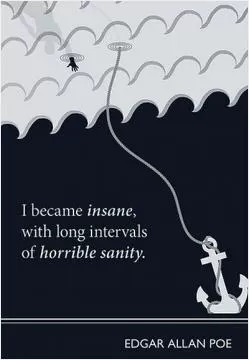
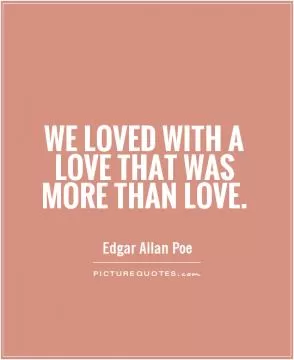


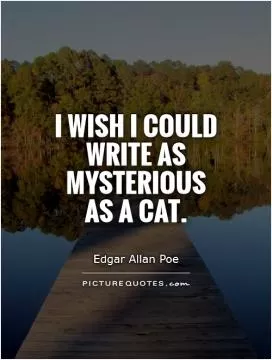




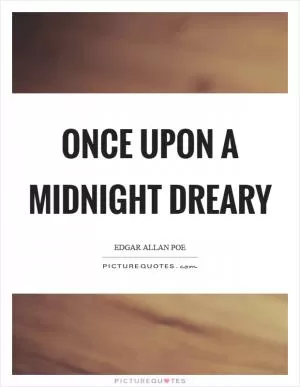

 Friendship Quotes
Friendship Quotes Love Quotes
Love Quotes Life Quotes
Life Quotes Funny Quotes
Funny Quotes Motivational Quotes
Motivational Quotes Inspirational Quotes
Inspirational Quotes